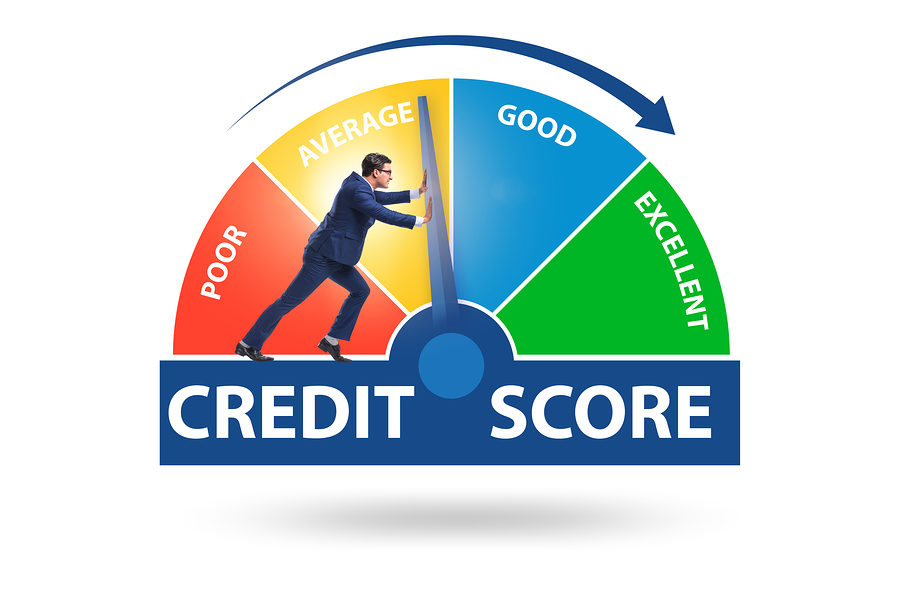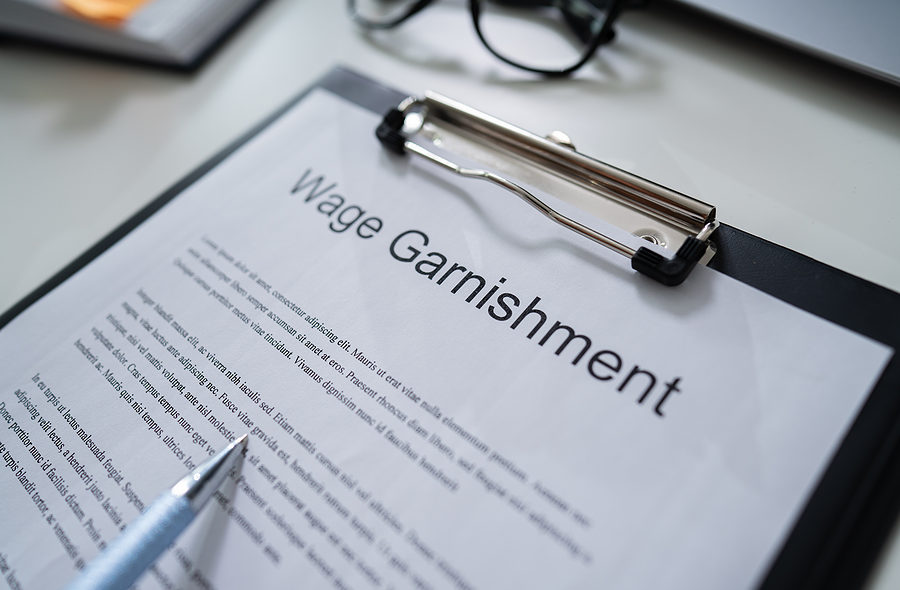Debt collectors will soon have another way to reach consumers. The Consumer Financial Protection Bureau (CFPB) released a ruling outlining how collectors will soon be able to reach consumers via text messaging and social media. The federal government has cleared the way for collection agencies to send unlimited texts, emails and even instant messages on social media platforms.
Debt collectors will be required to include instructions on how to opt out of these messages within the text of the communication. The CFPB will also limit collectors to calling consumers to seven calls per week per debt.










